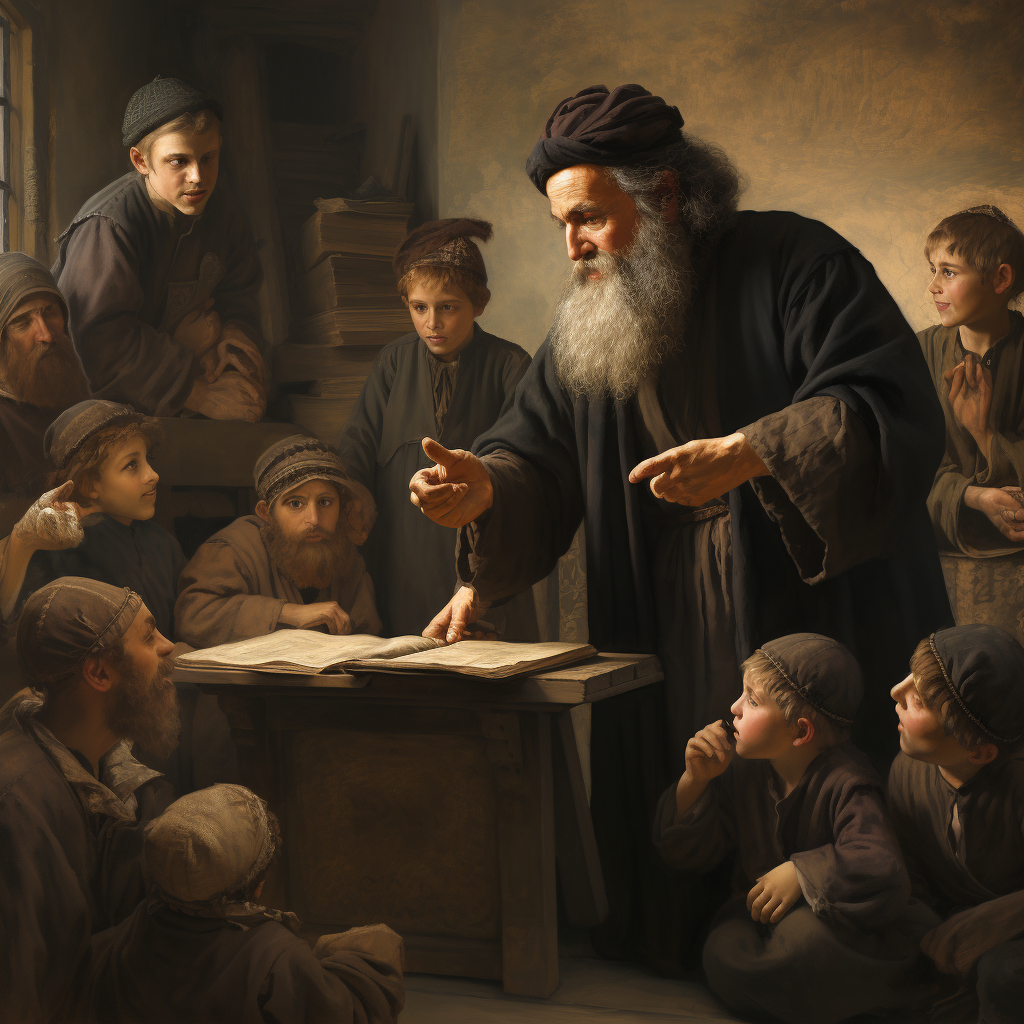The great religious-secular divide amongst Jews in Israel and to a lesser extent in America threatens not only the future of Israel but it also puts the entire Jewish people in jeopardy. There is surely enough blame to go around -but as a religious person I must begin by looking inwards and critiquing myself and my community.
We humans have two competing influences: the power of our ego and our innate desire for spirituality. Many of us spend our lives vacillating from one side to the other in this regard. The core of the issue is that we all have duel aspects within our persona. We are at once spiritual and material. We are made up of body and soul and each has a competing interest. Often the differences between a religious person and a secular individual have to do with which part on them wins out for the majority of time. For a religious and spiritual person their desire for spirituality is dominant whereas for the secular person their material aspect prevails.
But most people, even those who are neither religious nor spiritual, are inspired by and respectful towards those who are innately and authentically spiritual. The problem, however, is that religious and spiritual communities often turn into cultures with hierarchical tendencies, political realities and everything else that goes with a society made up of disparate people with individual egos. When this happens the desire for spiritual fulfillment becomes institutionalized and rank becomes as important as spiritual fulfillment. This is where the yearning for spirituality and egotistical tendencies become confused. Often the politics within a religious community can turn nasty with each side claiming to be doing God’s bidding.
The Great Hasidic Masters tried to minimize this problem for example there is a Hasidic interpretation of the famous Jewish ethical teaching that says: ‘In a place where there is no men try and become a man, ‘ (Ethics of the Fathers 2:5). This is generally taken to mean that in a place where there are not genuine leaders try and become a leader and positive role model. The Hasidic interpretation says that one’s spiritual yearning and service should be genuine and authentic as if it is a place where there are no other men. In other words true spiritual service must not be influenced by the community’s norms and expectations.
Conversely it says, ‘Do not separate yourself from the community, ‘ (Ethics of the Fathers, 2:4). In Judaism there is always a tension between these two needs: community cohesion and authenticity. But when examined closely one realizes that they in fact both go hand in hand. If a community is made up of people who are all authentically looking for spiritual fulfillment it will be cohesive and devoid of unnecessary politics and infighting.
In fact the Torah says something similar: ‘every man who went after Baal Peor, the Lord your God has exterminated from your midst. But you who cleave to the Lord your God are alive, all of you, this day, ‘ (Deuteronomy 3:3-4). This passage was not talking about secular people who worshipped the idol of the Baal. These ancient Israelites had seen miracles and believed in God but they still had a tendency to follow their ego and serve an idol. These people may have even seen themselves as trying to authentically serve God through the worship of the Baal. But they were blind to the fact that their worship was not authentic and ego driven instead. This led to inevitable destruction. However, those who authentically cleaved to God, those whose desire for spirituality was sincere remained alive in every sense of the word.
After observing the hierarchy and politics within the synagogue my late father remarked that there should be as sign above the door to the synagogue saying, ‘Leave your ego at the door. ‘ We must ask ourselves if we have become a society like all others with the only difference that we go to synagogue instead of the theater and we study the Torah instead of reading the newspaper. Or are we an amalgam of individuals who are all authentically yearning to cleave to God
If we were truly the latter, I suspect that not only would we elicit much more respect, admiration and understanding from those outside of our community we would actually be an inspiration as well. Whilst this may be seen by some as a criticism of an entire community, it is really meant as a call to action to the individuals reading these lines to yearn for spirituality and cleave to God with sincerity and authenticity and thereby find true life giving energy for oneself and become an inspiration to others.
